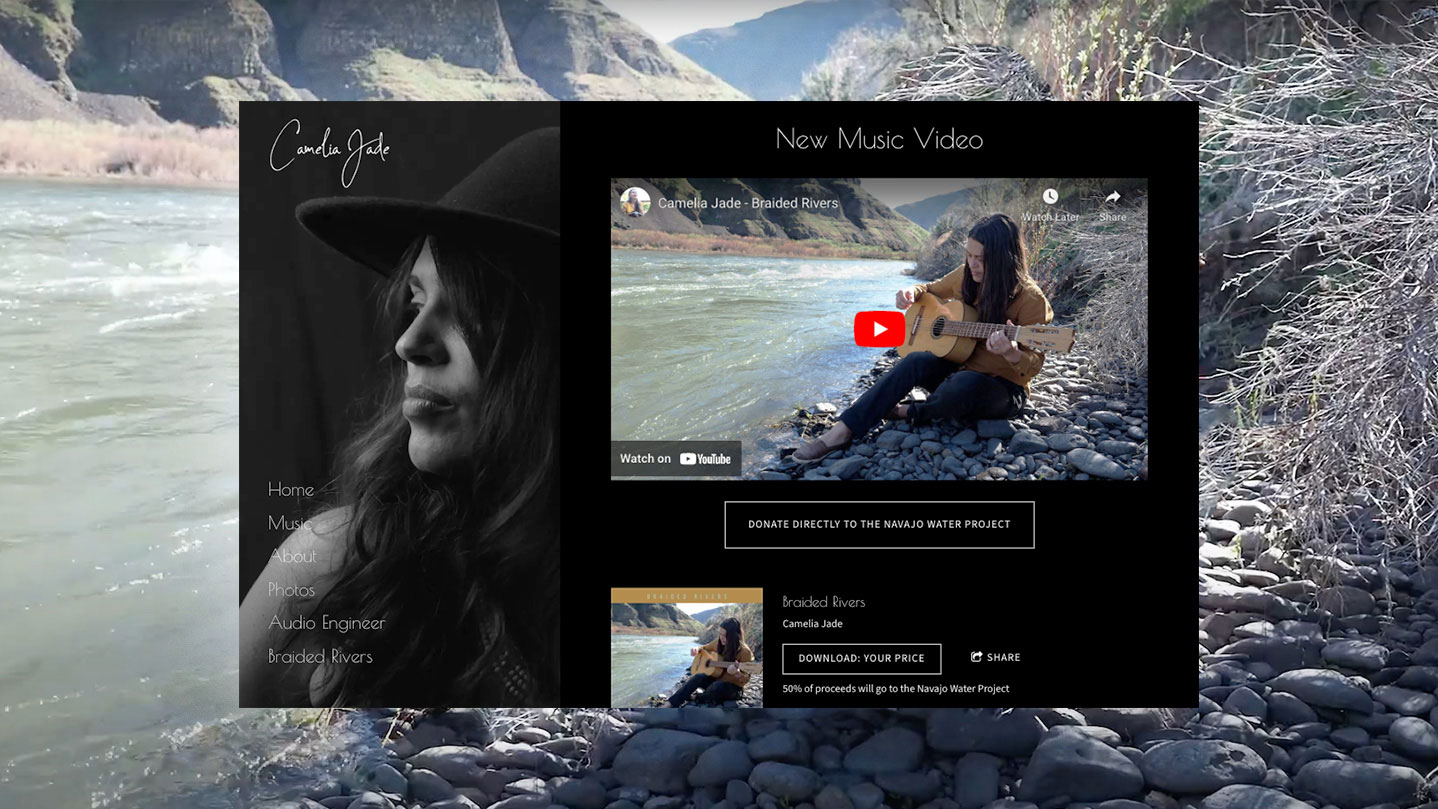One complaint about the struggles of songwriting is finding the time to do it. All manner of things can rob your ability to focus on your writing, either by design or default.
I use the term ‘rob’ deliberately, because time is a nonrenewable resource. You can lose it, waste it, or spend it doing something you love – like songwriting. But if the urge to write is strong enough, then time is one of the best investments you can make in your songwriting practice.
I use the term ‘practice’ deliberately too. Songwriting is an acquired skill, and contrary to popular myth, practicing it develops your craft, your aesthetic approach and your intrinsic motivation.
There may well be reasons you haven’t been able to protect your precious time, like not valuing what you have to offer to the world as a songwriter, fearing your work won’t be ‘good enough’ and other self-defeating intrusive thoughts that stop your progress.
The thing is you can’t quite outsource your creativity completely, yet! You do have to be present to spin those words and notes together into songs.
The point is you can’t make more time – it’s finite. But you can choose to make songwriting an intentional part of your everyday life without it perpetually slipping off your ‘to-do’ list.
What does your schedule look like now?
If you find yourself tight for time, face it off. Start by noticing what you actually spend your time doing and clock those minutes over a week.
Be real about it. There’s enough activities to suck up every single minute of the day! Work, study, commuting, chores, childcare, selfcare, care of aged parents, volunteering, hanging out with friends & family, sleeping plus the current favourite demon, screentime of every flavour – it all adds up. You might be surprised….

Build a stunning website for your music
Bandzoogle gives you all the tools you need to create your own unique band website, including responsive templates and commission-free selling tools.BUILD YOUR WEBSITE
Important vs urgent?
There is a difference between deeply important stuff versus reacting to seemingly urgent demands.
Sift through all your activities and decide what might be optional, outsourced or just have less time spent on them. What can you share, dump or decline?
What’s non-negotiably important for you? Keep it personal.
At this stage, there’s often a tussle between what you’d like to do and what you think you need to do. See if you can park that and look to when and how you can usefully schedule time for your songwriting.
You are prioritising this important activity.
How much time?
There’s no exact answer here, but what you’ve got to give now is where you start. If not now then when? The idea is looking for small chunks you can repeat regularly, and make a habit out of it.
Some specific examples from writers I know:
*90 minutes scheduled 3 x/ week
*15 minutes schedule 8am-8.15am Mon-Fri
*Tuesdays 10am -12pm
*Cocktail Hour (5-6pm Mon-Fri)
*Mornings with first coffee 8.30-10am
*Morning pages – ten minutes every morning
*Auditioning previous day’s work – during commute (train) 1hr daily.
*’’I wrote 3 songs last year’’
There are larks, owls and folks with kids that need to be free by 3pm. There’s no hourly rate and whatever schedule you start with, adjust and review it to suit you and your current lifestyle.
Horses for courses
Rather than a task in your calendar that just says ‘songwriting’, think about heading into each session with a more specific ‘job’ to focus on, for example ‘working on chorus hook’ or ‘try a different rhyme scheme for verse’. Breaking down the components to more bite sized pieces gives you momentum.
There may be better times in the day to dump your latest phone notes and voice memos into your DAW, while figuring out what you really want to do with the third draft of your current track may need a different approach. It’s a question of working in best with your bandwidth because creativity undulates!
Your perfect day
Some songwriting sessions will have more satisfying outcomes or better flow or just be more fun than others. But supporting your songwriting by setting a supportive, customised schedule means you will turn up for all of it.



![Wiz Khalifa - See You Again ft. Charlie Puth [Official Video] Furious 7 Soundtrack](https://edermusic.com/wp-content/uploads/2024/07/mqdefault-2.jpg)